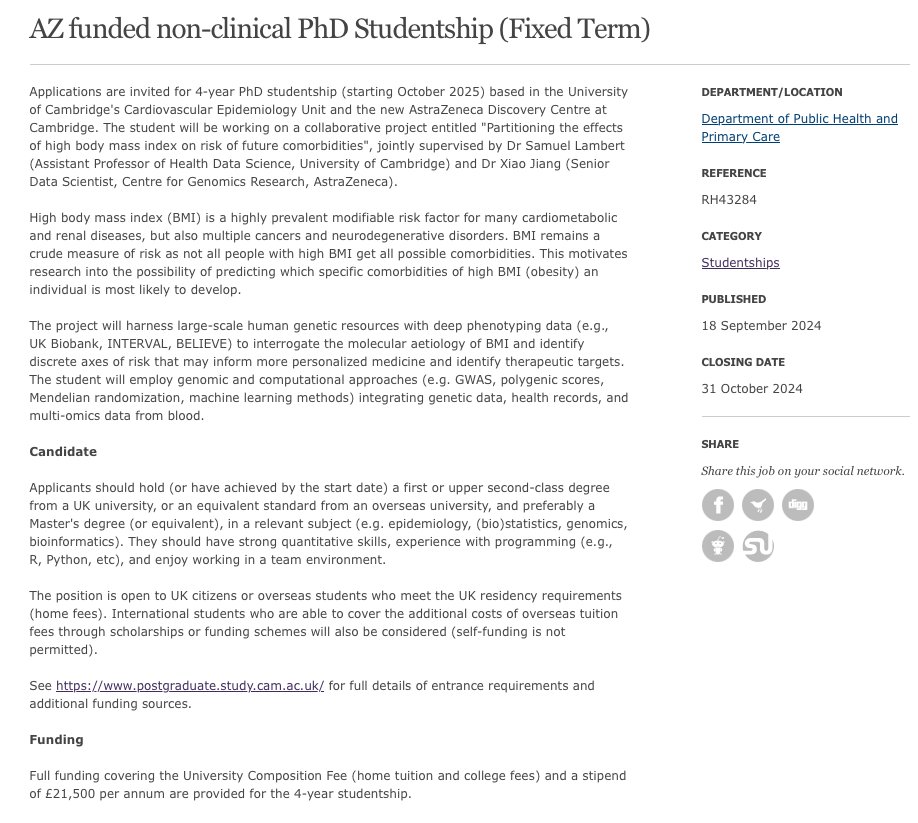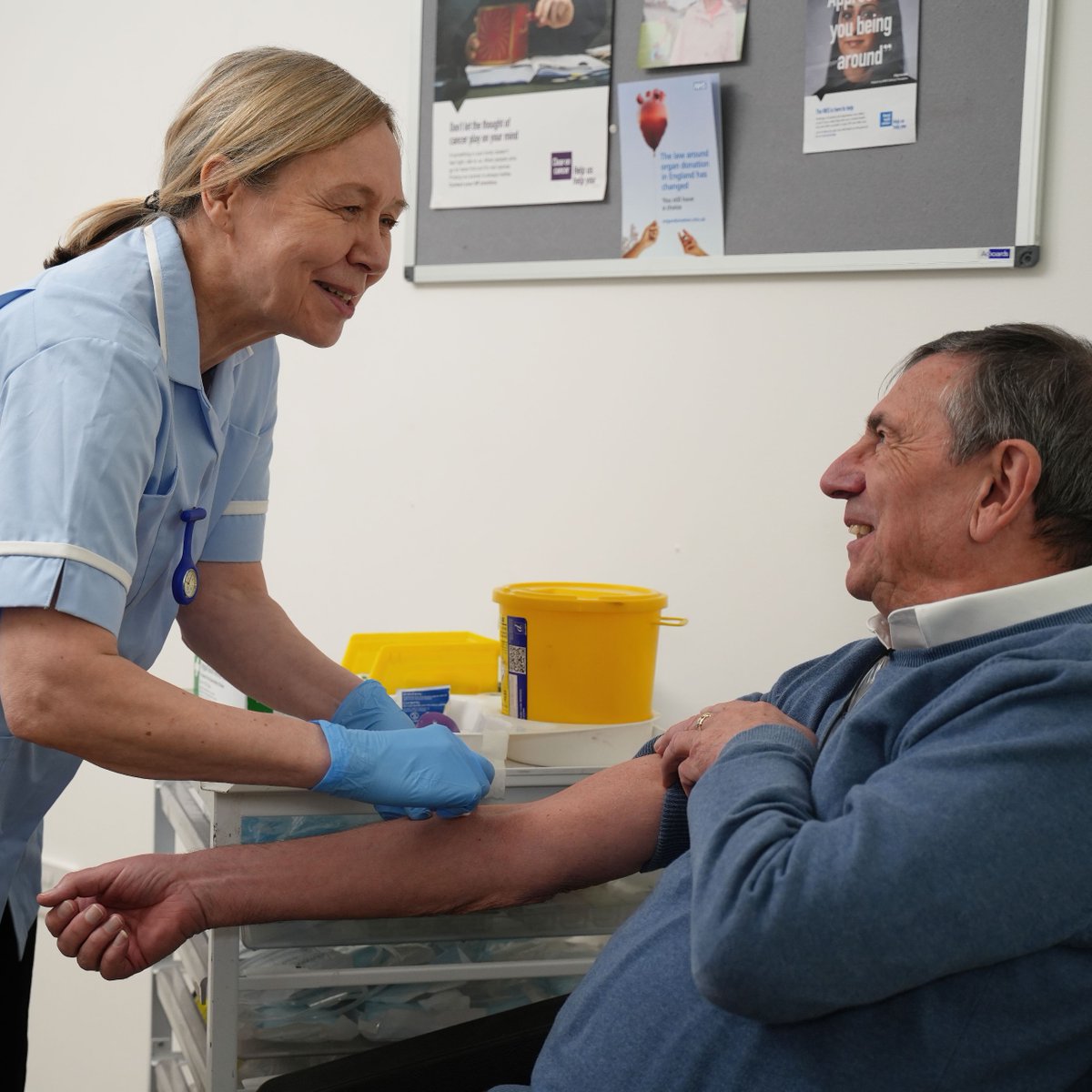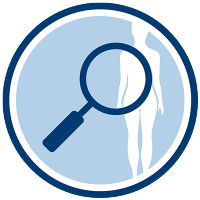
Nora Pashayan
@norapashayan
Public health doctor | Prof @Cambridge_Uni| Hon Prof @UCL | Research in cancer screening | views mine / RTs not endorsement
ID: 571144414
https://iris.ucl.ac.uk/research/personal?upi=NPASH45 04-05-2012 20:53:01
401 Tweet
367 Takipçi
401 Takip Edilen

Our review "Polygenic scores in Cancer" co-authored with Siddhartha Kar, Antonis Antoniou and Xin Yang now out in Nature Reviews Cancer . rdcu.be/dhpvD

PREDICT Breast and Prostate are so valuable for care of patients with breast and prostate, would Cancer Research UK Breast Cancer Now Prostate Cancer UK find website hosts?

📢 Job opportunity Come join me as a postdoc researcher Cambridge University working on stochastic modelling for cancer screening. Application closing on 13th August. To apply jobs.cam.ac.uk/job/41966/




Just to remind you why we do (ovarian) cancer research, here are some patient stories from patients and the CRUKCambridge Ovarian Programme. crukcambridgecentre.org.uk/news/ovarian-c…

We’re looking for a (senior) research associate to assist building the Science and Innovation at Cancer Research UK Cancer Data Driven Detection #CD3 initiative. An expert in health data science? Check out this exciting & flexible opportunity Cambridge University jobs.cam.ac.uk/job/43687/ Closes 8 Nov #epitwitter



1/n An all new version of PREDICT breast is now live at breast.v3.predict.cam Thanks to Alexandra Freeman, Mehdi Hajjam, @ProfWishart, David Spiegelhalter and Isabelle Grootes. V2.2 still available at breast.predict.cam. Major changes are....

Great to see this paper out - a DCE on risk-stratified breast screening with Charlotte Kelley Jones Suzanne Scott Yasmina Okan Nora Pashayan & Steve Morris Cancer Screening, Prevention and Early Diagnosis pubmed.ncbi.nlm.nih.gov/38828503/

We’re looking for a research associate to develop simulation models for evaluating cancer early detection. An expert in stochastic modelling? Check out this exciting opportunity Cambridge University jobs.cam.ac.uk/job/47297/

📢 In print this week on the role of polygenic risk scores in cancer screening 👇 thelancet.com/journals/lance… Co-authored with rising ⭐ clinical academic Sarah Perrott, who recently completed the research rotation of her specialised foundation programme with us at Early Cancer Institute, University of Cambridge


Interested in a 4-year PhD studying the genetics of BMI and comorbidities? Don't wait, apply for my AstraZeneca-funded studentship w/ Xiao JIANG 🔗: jobs.cam.ac.uk/job/48333/ (due October 31)! BHF Cardiovascular Epidemiology Unit at Cambridge VPD Heart & Lung Research Institute CambridgeCardio DPHPC CambridgeATS








